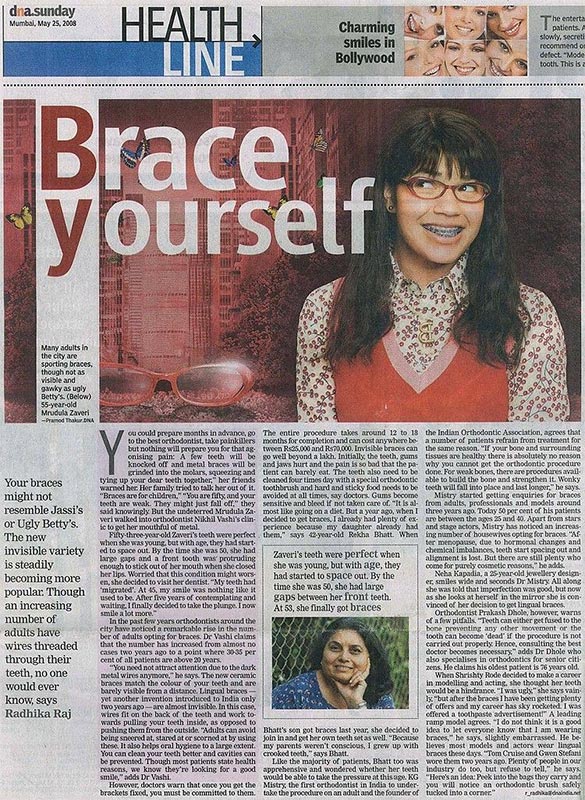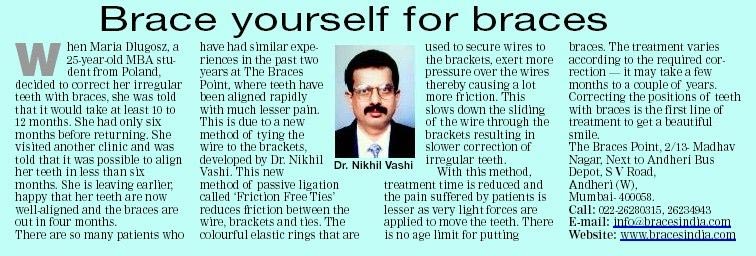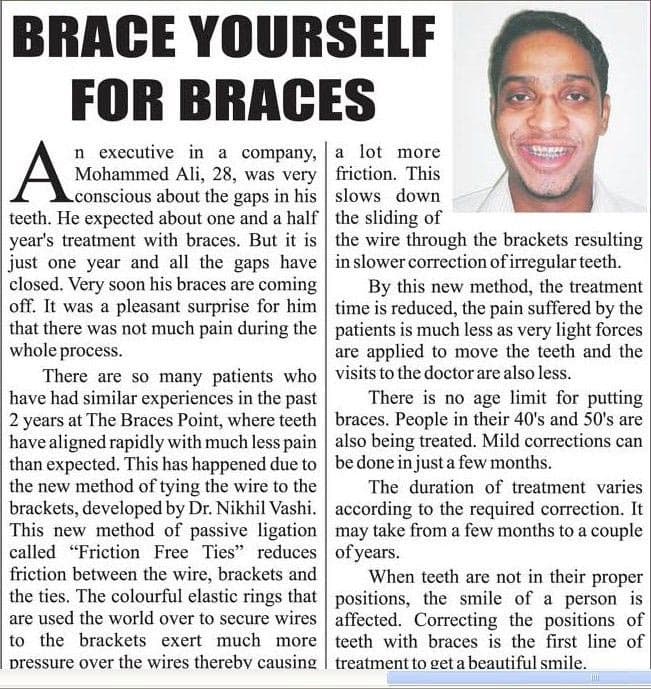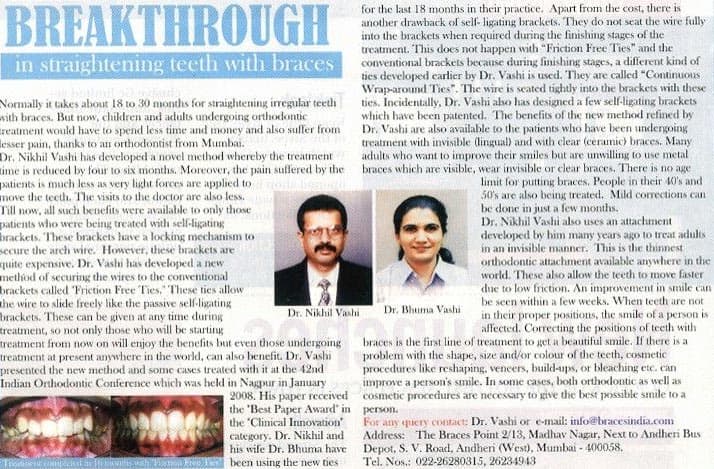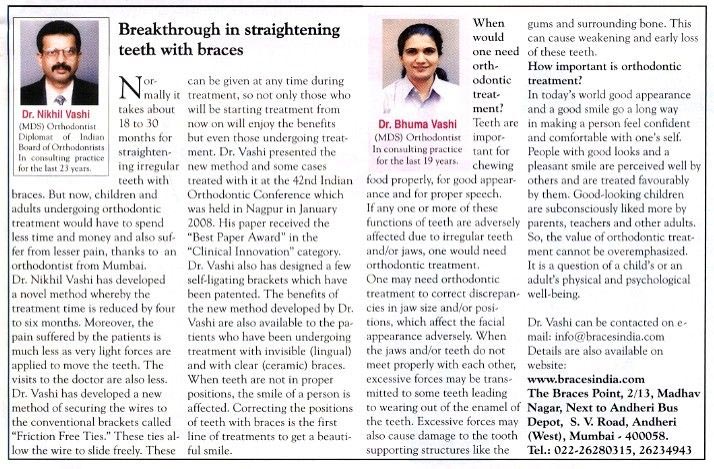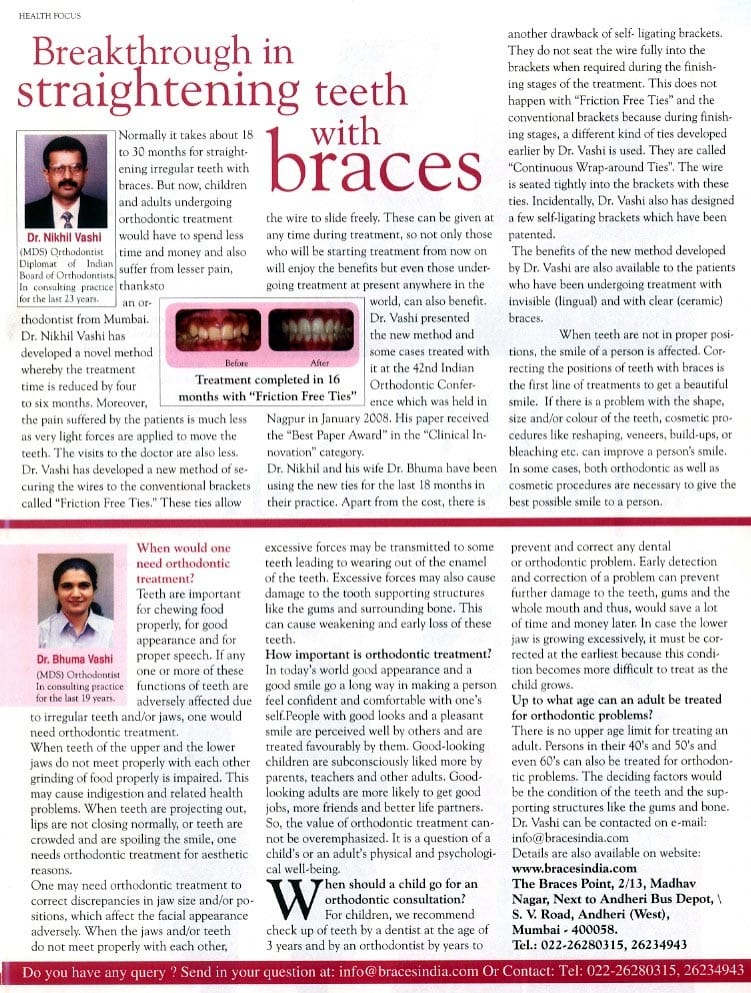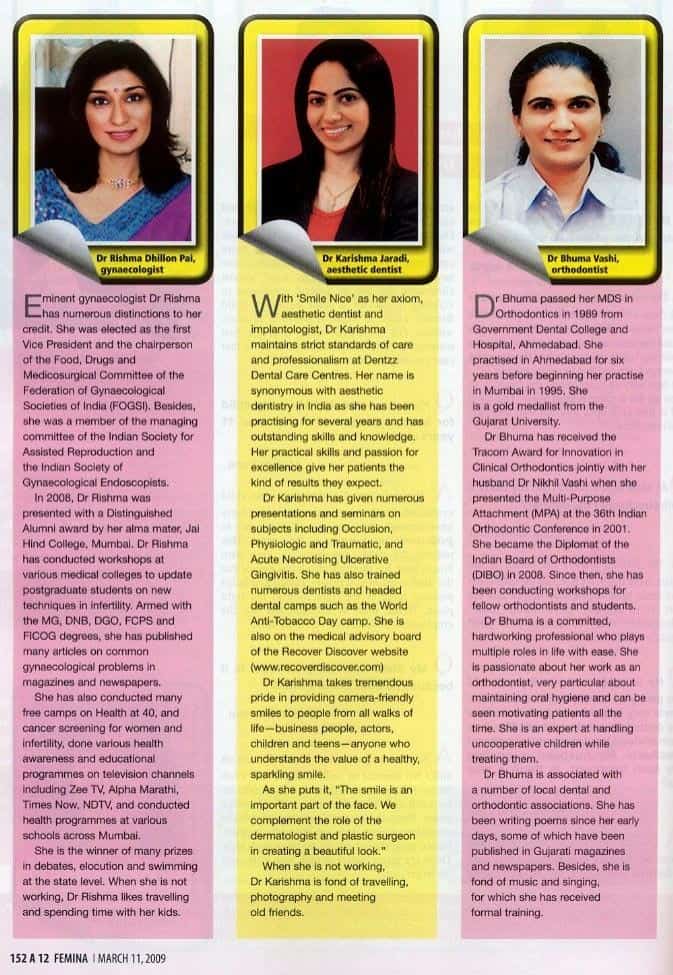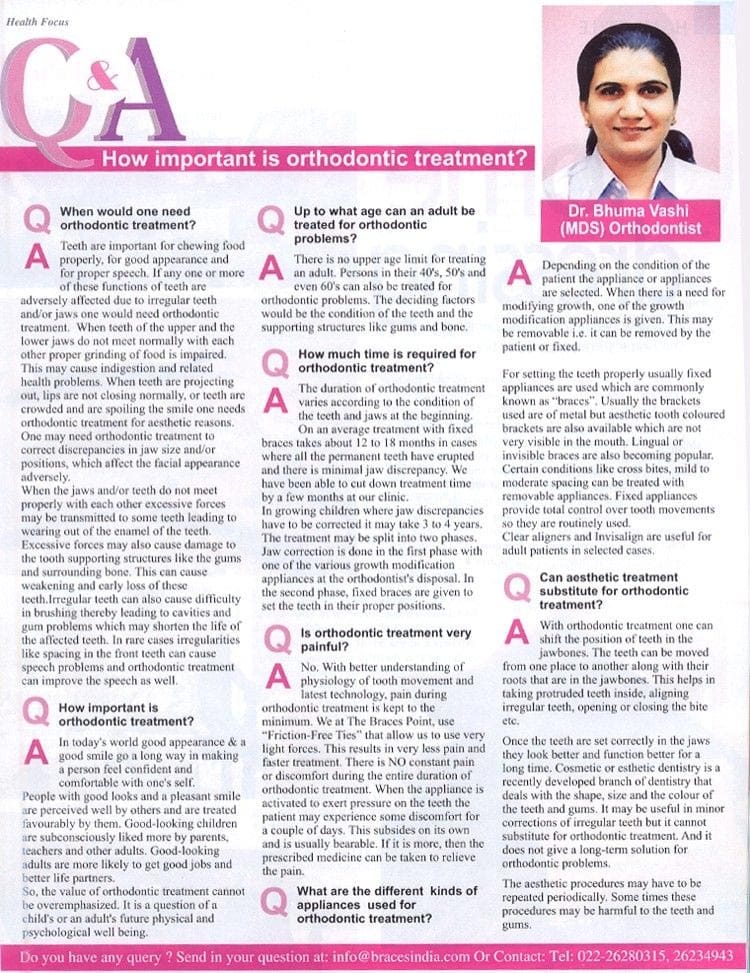A root canal is a procedure that effectively removes the decay or infection from a tooth to save its natural tooth. The treatment process entails the removal of the infected pulp in the tooth and then cleaning and sealing the space. Various myths are connected to root canals, including queries like “Is a root canal painful?” Fortunately, advanced technology has made it easier compared to the old days when having a cavity was a painful experience. Now, it is time to break down some misconceptions that most people have about root canals and the reality behind them.
Take the first step towards a pain-free smile! Book your appointment at The Braces Point Total Dental Care Clinic today!
Myth 1: Root Canals Are Extremely Painful
Reality:
The belief that root canals are highly painful is one of the most widespread myths. This misconception developed long ago when dental practices were far less advanced. Previously, limited anaesthetic options meant that many dental procedures, including root canals, were uncomfortable. However, modern dentistry has significantly improved.
Numbing Techniques:
Today, there are expert dentists like the ones at The Braces Point, a dental clinic in Andheri West. They use local anaesthetics that fully numb the area around the tooth, making the root canal procedure almost painless. Patients typically feel pressure but no sharp pain during the process. Sedation options are also available for those especially anxious, ensuring patient comfort. So, if you are wondering, “Is RCT painful?” then the answer is no, it’s not painful.
Most people who need a root canal are already experiencing pain from an infected tooth. After completing the root canal, the dentist removes the source of the pain, providing patients with significant relief instead of discomfort. The procedure aims to eliminate pain, not increase it.
Myth 2: The Recovery is Long and Painful
Reality:
While some people think recovery from a root canal is lengthy and uncomfortable, the reality is that most recoveries are mild and short. When your tooth gives you important signs you need a root canal, get the treatment instead of delaying it due to fear of pain.
Managing Discomfort:
After the procedure, there might be some root canal pain or tenderness around the treated tooth. However, this is typically manageable with over-the-counter pain medications like ibuprofen or acetaminophen. The discomfort is usually minor and fades within a few days.
Quick Recovery:
Most patients can return to everyday routines within 24 to 48 hours after the procedure. There’s no need for extended downtime. The tooth is usually sensitive until a crown or permanent filling is placed, but regular activities like eating and drinking can resume quickly.
Myth 3: It’s Better to Extract the Tooth Than Have a Root Canal
Reality:
Some people believe pulling a tooth is quicker or more affordable than getting a root canal. However, saving the natural tooth through a root canal is usually the best choice.
Long-Term Benefits:
Keeping your natural tooth is crucial for maintaining proper chewing and jaw function. A root canal allows you to preserve the structure and appearance of your smile. Extraction, on the other hand, can lead to shifting teeth, changes in your bite, and even bone loss in the jaw over time. Consider its long-term benefits instead of fearing temporary pain during a root canal.
Risks of Extraction:
Removing a tooth may seem easier, but it often leads to additional dental procedures. You should replace your missing teeth with bridges, implants, or dentures, which can be more invasive and costly than a root canal. Saving your tooth is more efficient and beneficial in the long run.
Myth 4: Root Canals Don’t Last
Reality:
Some believe root canals are just a temporary fix, and the treated tooth will eventually fail. In reality, root canals are highly successful and can last a lifetime with the right care. If you are wondering, “Is a root canal procedure painful?” then keep calm; it is not as painful, and its effects are long-lasting.
Durability:
Teeth treated with root canals have a high success rate. Root canal-treated teeth can remain healthy and functional for many years with good oral hygiene—like regular brushing, flossing, and dental check-ups. Often, placing a crown after the root canal helps strengthen the tooth and protect it from fractures.
Post-Treatment Care:
Proper care is essential. Getting a crown, practising good oral hygiene, and attending regular dental visits will significantly prolong the life of a root canal-treated tooth. These teeth are more vulnerable to cavities or gum disease if not cared for properly, but with maintenance, they can last just as long as any other tooth.
Myth 5: Root Canals Can Cause Illness
Reality:
A lingering myth is that root canal discomfort can lead to systemic illnesses, such as heart disease or arthritis. This belief originated from outdated studies but has since been proven wrong.
Historical Basis:
In the early 1900s, studies incorrectly linked root canals to other health conditions. These studies lacked scientific backing and have since been debunked.
Modern Understanding:
There is no valid scientific evidence to support the claim that root canals cause health problems elsewhere in the body. The procedure removes infection from the tooth, stopping the spread of bacteria and improving oral health. Root canals are safe, and there is no link between them and any illnesses beyond the mouth.
Take the first step towards a pain-free smile! Book your appointment at The Braces Point Total Dental Care Clinic today!
Conclusion
Root canal treatments are not the painful, dreaded procedures they were once thought to be. Modern dental advancements have made root canals comfortable, efficient, and highly effective at saving natural teeth. If you are experiencing severe tooth pain or infection, don’t hesitate to talk to your dentist about root canal options. At The Braces Point Total Dental Care Clinic, you can trust us with your dental treatments by enjoying a painless experience and long-term dental health.

Dr. Nikhil Vashi
Dr. Nikhil Vashi, an esteemed Orthodontist with over three decades of experience, earned his MDS in Orthodontics from Nair Hospital Dental College, Bombay University, in 1985. He achieved the title of Diplomate of the Indian Board of Orthodontics (D.I.B.O.) in 2000 and specialises in enhancing smiles through comprehensive dental care in Mumbai.





